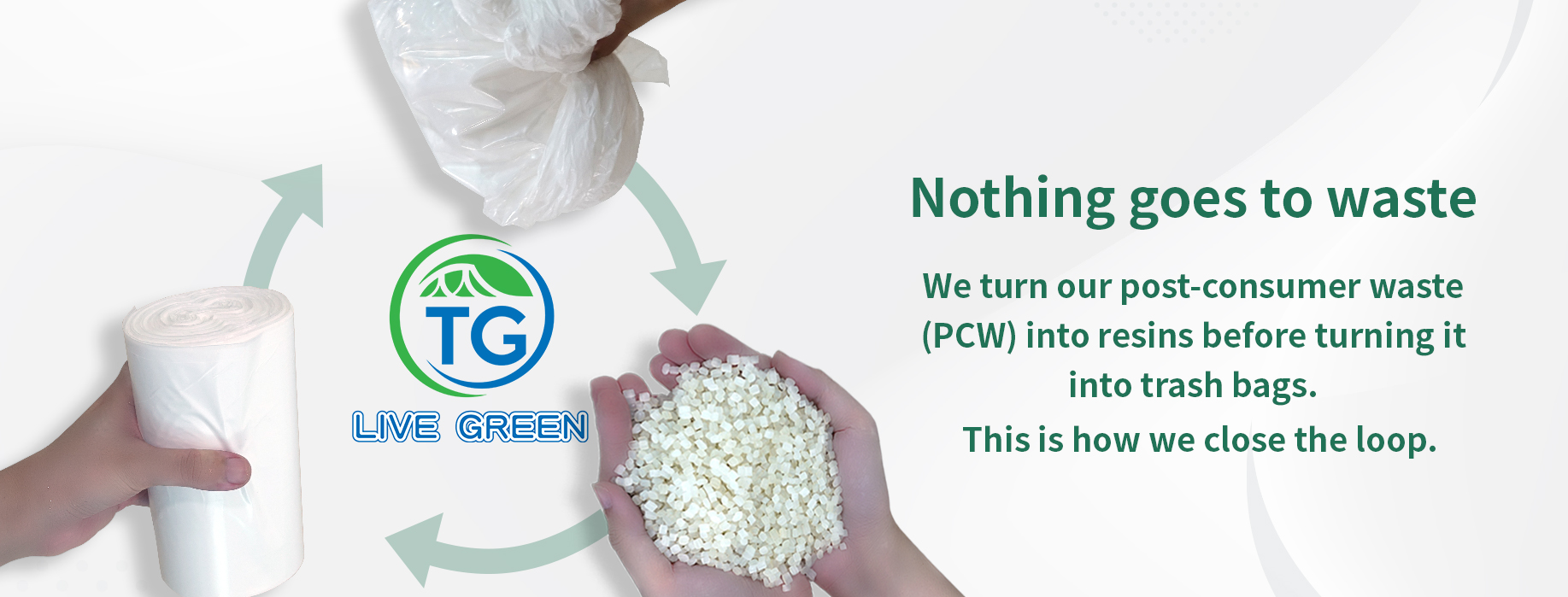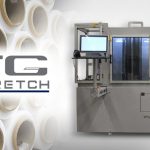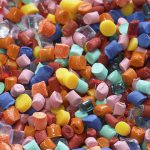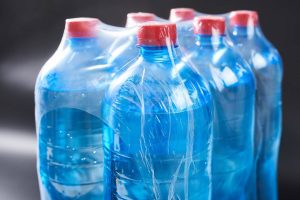
Are you aware of the buzz surrounding PCR resin in the packaging supply chain?
With all the talks about joining in the sustainability movement, one of the ways to close the loop is to use post-consumer recycled materials instead of virgin feedstock in packaging.
The movement and demand of PCR resin have grown enormously over time.
The global “Post Consumer Resin (PCR) Market” research report showed that the “Global Post Consumer Resin (PCR) market was valued at USD 30,450 million in 2020.
It is estimated that it will reach USD 42,470 million by the end of 2027, growing at a CAGR of 5.7% during 2022-2027”.
More users and consumers of packaged goods businesses are placing more weight on sustainability, using less energy, and lessening waste.
Brand owners are also aware that sustainability goals are more important now than ever, as consumers seek out brands focused on the environment.
In this article, let us learn more about PCR resin and how it plays a role as a #loopcloser to bring you a step closer to your sustainability goals.
What Is PCR Resin & Why It Matters
PCR plastics refer to any plastic material that is made from post-consumer resins.
Post-consumer recycled (PCR) resin is the recycled product of external waste created by consumers.
The International Organization for Standardization’s (ISO) “Plastics Vocabulary” list, the definition of post-consumer or post-use material as
“material generated by the end-users of products, that has fulfilled its intended purpose or can no longer be used (including material returned from within the distribution chain).”
These wastes are called post-consumer waste (PCW), which are not usable anymore because their functionalities have already been destroyed.
They are gathered and sent through a process to produce plastic resin pellets.
These pellets are then turned back into valuable products.
They are environmentally friendly and a more sustainable option that many manufacturers are beginning to use to support their recycling programs.
It helps decrease the amount of waste sent to landfills and microplastics drifting away into our seas.
Why does this matter?
It is because we want to strive towards a sustainable environment of minimal waste where plastics may live useful lives again.
We are moving towards a culture of recyclability and closing the circular loop.
You should join in the movement too.
What Are The Advantages Of Using Renewable Recycled Material:
Here are some advantages when more recycled material like PCR resin is used in the supply chain and our environment.
- Waste reduction – Plastics do not biodegrade and take up to 500 years to decompose in a landfill. Recycling lessens the usage of valuable landfill space and greatly reduces ocean-bound plastic.
- Energy conservation – When we reuse existing materials, we use significantly less energy compared with the processing of raw, virgin materials.
- Conservation of precious resources – Using recycled materials protects valuable natural resources like oil, which is limited and non-renewable.
- Reduce carbon footprint – Manufacturing produces greenhouse gases, such as carbon dioxide which is harmful to the environment. In addition to its effects on climate change, its toxic smog and air pollution affect our health. Since less energy and raw fossil fuels are required during its compounding process, greenhouse gas emissions and carbon footprints are also reduced.
Collecting Unwanted Packaging Waste To Live Useful Lives Again
To reprocess Post Consumer Waste (PCW), Thong Guan collects cleaned and packed waste to be recycled.
There are two ways that waste is collected.
- Plastic packaging waste from “used packaging” that is used to package raw materials received (i.e. resins)
- Plastic packaging waste from other suppliers in the supply chain
Some of these wastes consist of PE sheets, bags, and stretch films.
We collect these usable consumer waste from suppliers, which usually comes in form of big palletized packs or resin-loaded containers
By recycling these discarded wastes back into the packaging ecosystem, we convert them into valuable raw materials – completing the circle to close the plastic loop.
How Does The Process Work and The Valuable Role Of PCR Resins?
In order to convert PCW into PCR plastic resins, Thong Guan follows a series of steps that we carefully follow to ensure quality output.
And that’s vital for quality films and bags production.
Here are the steps below
- Collection and sorting: The process starts with the collection of packaging materials (PE Sheets/Bags/Stretch Films/Stretch Hood) of the raw materials (resins) that comes in from Thong Guan’s plants that will be sorted, compiled and collected
- Compression Process – PCW wastes are then compressed into a bale and made ready for transfer
- Waste Processing – These PCW wastes will be transferred over to TGSH Plastic Industries for processing
- Flaking – TGSH will start processing these wastes through a flaking process. These PCW waste will be flaked into a silo
- PCR Resins Production – After the PCW waste is flaked, it is converted into PCR resins (Post Consumer Recycled Resins)
- Extrusion Process – PCR Resins are then included in the extrusion process to create newly recycled plastics
- PCR Plastics – Extruded plastics are ready and made into PCR based products like garbage bags, ready to live useful lives again.
Why it’s time to start using PCR Resin
As the world moves towards sustainability, introducing recycled materials in your products is inevitable.
The fight for our environment is not something we can shoulder alone.
Whether it is compliance pressure from the government, consumer preference to go green or your initiative to fight for our environment, Thong Guan strives to innovate to help you minimize your packaging footprint and make good packaging wastes.
With the growing demands for recycled materials, it is essential to establish a closed collaboration with users in the packaging supply chain.
Together we can achieve sustainability goals as we lean towards PCR resin and loop closing initiatives.
Would you like to learn more about using recycled materials?
Let us talk about PCR resins and other #loopclosers at info@thongguan.com.





